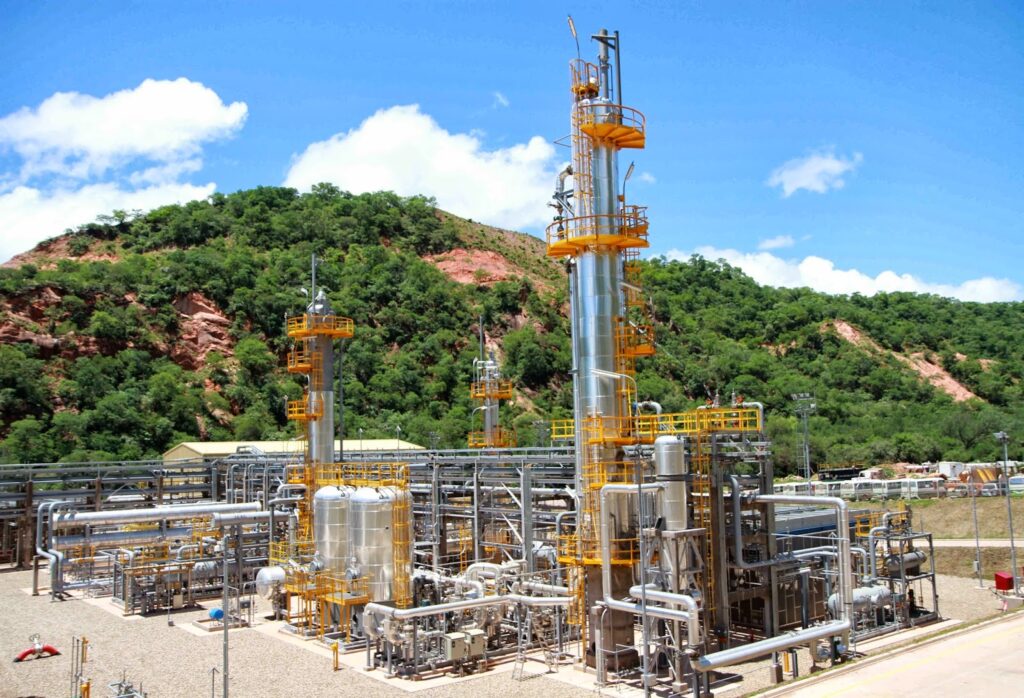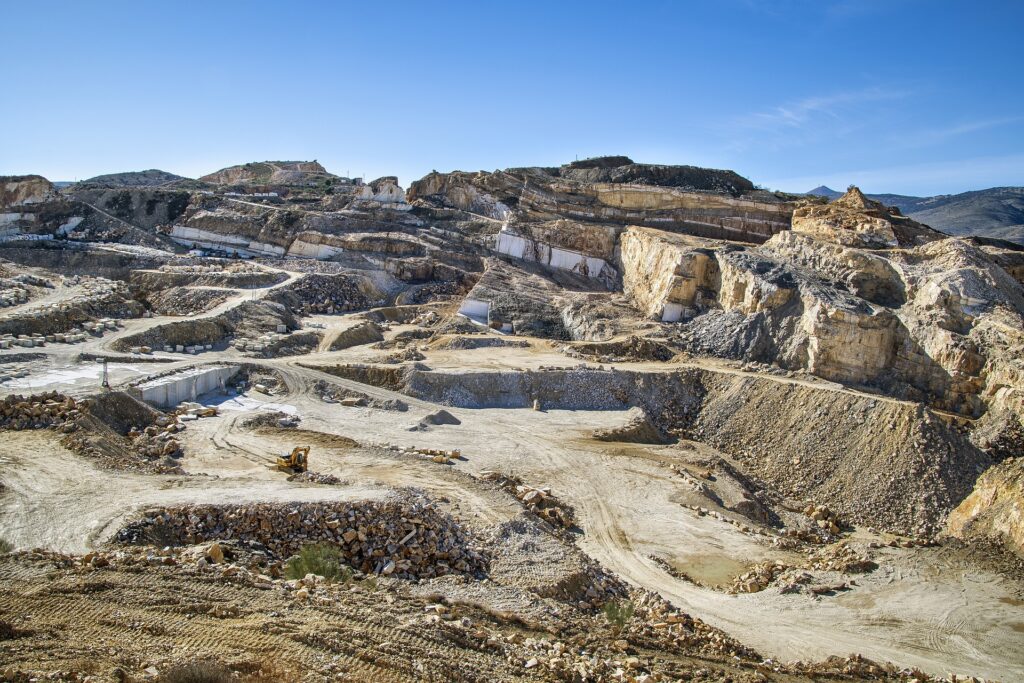Based on contemporary parameters, society demands higher levels of accountability and transparency. Identifying and creating links with stakeholders, including public administrations, helps to be more accessible and build relationships based on trust.
Decision-makers at the political or legislative level should establish an open, two-way dialogue with pressure groups, unions, companies, non-profit organizations, academic institutions or think-tanks, among other communities, to understand the needs and demands of their stakeholders and apply them in the legislative and executive exercise.
Establishing a dialogue, being close to and connecting with business and institutional decision-makers has become an essential requirement for governments and public administrations, since conversations with all the sectors that form part of a nation’s business fabric will be fundamental for the country’s economic momentum.
The strategies that governments and public administrations undertake in the field of communication and public affairs will have to have a long-term focus, favoring a vision of the State as a whole.
Therefore, it is not only necessary to establish a dialogue between the Government and the citizens, but also to create fluid conversation channels for the different levels that make up the Government as a whole so that, ultimately, the Country Brand discourse is aligned.
Designing strategies for active listening and reputation diagnosis and promoting public diplomacy 2.0 has become a requirement for governments.
As for the regulatory environment, it is necessary to establish an integrated approach, from the local to the supranational level and from a multidisciplinary approach.
Connecting the interests of the public and private sectors creates opportunities. To this end, we have a team of specialists in managing influence in both directions, thanks to our strong presence and network of contacts both in the multi-country scenario and in the private sector.

The energy, oil & gas sector is a sector that is compatible with the environment and sustainable development under virtuous principles of its management. However, the sector is often associated with a negative image. Activities based on the production of these natural resources tend to cause discontent in society and, in particular, in those communities in which it operates and where relations tend to be particularly tense.
The problems are not intrinsic to the activity, but stem from the management and communication of its projects. It is indisputable that the activity of these companies has a great social and environmental impact, but it also represents a great contribution to the development of the communities that find in this activity employment, training, opportunities and significant improvements in their quality of life. For the contribution of the companies in the sector to the communities to be sustainable, efficient and add value, it is essential to implement communication strategies and establish a constructive social dialogue.
Furthermore, in such a complex sector it is necessary to have a deep knowledge of the industry and to monitor the regulatory environment to be prepared for possible changes or threats that directly affect the business.

WeCom has found different answers to the sector’s challenges, many of them focused on how to build solid and trusting relationships with stakeholders and mining investors through assertive communication.
The mining industry is often in the eye of the storm and is the target of much criticism, often leading to reputational crises. As in any exceptional situation, the reasons may be very diverse, but in mining there is a common denominator: lack of trust.
Thus, communities, governments, NGOs, opinion leaders and societies in general base their perception of the sector on myths and some falsehoods, but also on historical mistakes that were made in the past and stigmatized the industry, generating discredit and a generalized reputation. In addition, the industry has traditionally not been known for communicating the fundamental value that its activity provides to society and, most importantly, for conveying that it is possible to do modern mining in a responsible way.
Although the path is not easy, in this context of uncertainty and risk, it is essential to understand and mobilize the most effective ways of communicating direct messages, based on data and analysis, that allow for open conversations in which the concept of modern and responsible mining is the protagonist.
The mining sector must drive transparency, consolidate relationships with regulators on natural resource protection policies; plans to adapt to the regulatory environment and work meticulously to build pro-mining communities based on common interest development.
The strategies necessary for this purpose are based on building long-term value and trust and must be grounded in stakeholder expectations throughout the life of a mining project, from exploration to closure, so that it can operate in a sustainable manner that respects the environment and surrounding communities.
Thanks to their specialized knowledge and experience, LLYC professionals are ready to generate results based on meeting a key need for this sector: to rewrite the story of modern and responsible mining as a catalyst for a sustainable future.

Health is essential for healthy and productive societies and it must be a joint commitment to enable people to live longer and better lives. Companies, governments, the medical community, institutions and patient organizations all have a critical role to play in achieving health and wellness for the general population.
According to the World Health Organization, among the most important challenges in health are access to better and more effective medicines and the need to invest to improve health systems and effectively address current and emerging health problems. The COVID-19 outbreak has shown us that we need global responses to global pandemics.
It is time to look at a more holistic perspective by addressing and understanding the role of patients, the importance of public-private partnerships, the importance of transparency in research and development (R&D) in relation to drug pricing, access to drugs, and adherence to therapies, the importance of technology and the role of companies to significantly improve the perception of the industry and achieve a better business environment.

The mass consumption and distribution sector has undergone a revolution in recent years. These companies are facing a new changing environment in which brand differentiation is a major challenge. In fact, we are facing a new model in which product communication implies a long-term value proposition that guarantees a long-term relationship and commitment with stakeholders.
With the emergence of a new consumer, much more demanding, rational and informed, with one-click access to a myriad of different brands, the buying process is increasingly complex and companies need differentiation. Brands must understand the new consumer profiles and their new buying patterns and behaviors in order to be able to respond to them.
In short, brands must know how to establish deeper, more transparent and lasting relationships with their stakeholders, satisfying their needs in a unique and differential way.
In this sense, the aspect of corporate responsibility towards the environment and society is an issue of growing concern to buyers and should become a priority for this sector. All those activities related to a more responsible management and product are an opportunity that, in addition, communicated from a correct perspective, become a competitive advantage.
In fact, customers demand to know the corporate brand behind the products they consume. The higher the brand’s reputation, the higher the sales and market value of these products will increase.
To win consumers’ preference, strategies must be established that encourage conversation, promoting the share of the voice, and the engagement of companies with their target audiences. The starting point is to have an in-depth knowledge of market trends thanks to the experience of our team of specialized consultants who will develop strategies to connect with stakeholders and create a long-term relationship.

The infrastructure, transport and logistics sector has become a basic economic element for enabling interpersonal relations -economic, social, or cultural- and for accelerating the productivity of societies. It is also an element of territorial structuring, as it determines the organization of the territory and the flows and connections established within it.
However, despite its enormous importance, its weaknesses are manifested in the negative perception that society has of the companies that belong to this sector, from an environmental and social responsibility point of view.
Corporate social responsibility is presented as a key leadership capacity in advanced societies and as a fundamental factor in sectors that have a direct environmental impact.
In infrastructure, transport and logistics, opportunities come from renewable energies and the contribution to the development of sustainable cities.
Investment in infrastructure and transport by governments and private companies will be effective to the extent that there is a social contribution that drives a competitive economy.
In this way, our specialists contribute, from a multidisciplinary perspective, to guarantee tangible business results for the private sector and provide added value for the projects approached from the public sector perspective. At the same time, they ensure the existence of strategic plans that generate environmental, social and ethical performance.

The financial services sector faces the challenge of rebuilding its damaged reputation and requires a new model of management and professional practices to restore trust and credibility.
To do so, it is necessary to build relationships with stakeholders, access available information to reduce operational risks, and understand the regulations and requirements of each environment in order to achieve sustained growth in the long term.
This ever-changing industry requires designing management strategies for uncertain contexts. Participating in conversations and establishing an ongoing dialogue helps to understand needs and identify potential risks. In particular, focus should be placed on establishing a regular dialogue with the market regulator in order to be prepared for any adversity.
We offer a wide coverage of the main areas of the financial sector and we have the experience that comes from advising on projects such as mergers, IPOs, asset sales processes, acquisitions of other companies, private equity, restructurings, crises, insurance and venture capital, among others.
The ability to communicate and innovate is an important tool to achieve leadership. Through communication and reputation management, we offer solutions to acquire the necessary trust and credibility with our stakeholders and strengthen the positioning of firms operating in the financial environment.
